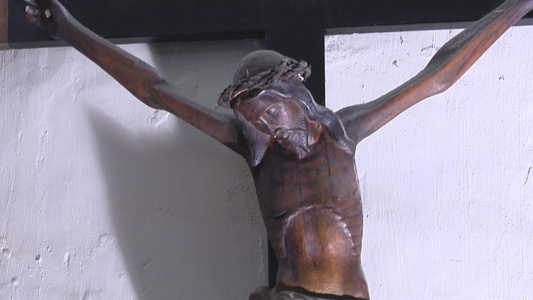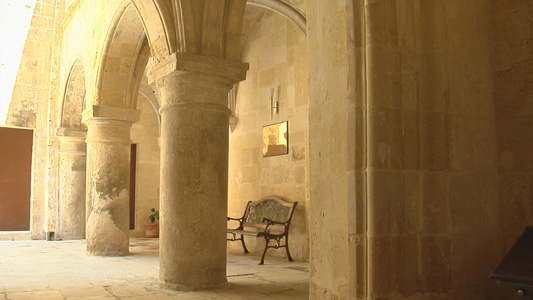
Also known as the Holy Office, this was established by Pope Paul III in 1542 with its primary intentions being to oppose the increasingly popular Protestant doctrines. This was instituted in Malta in 1562 (though it was temporarily suspended for the duration of the Great Siege) with the functions of Bishop and Inquisitor vested in the Bishop holding the Tribunal in his Palace in Vittoriosa.
This led to further strain the relations between the Order and the Bishop/Inquisitor, escalating the rift between the two parties. The Order made it clear that it did not wish the Bishop to follow when it moved to Valletta in 1572, and Pope Gregory XIII responded by sending a personal brief extending the Inquisitor’s powers against heretics in March 1573. In turn, the Order accused Bishop Royas (1573-77) of hatred against the Order, putting pressure on the Holy Office to divest him of Inquisitional powers. The Pope, having read a report regarding some Protestant-leaning Knights, accepted the Order’s request to separate the two offices.

The Holy Office withdrew Royas’s brief as Inquisitor as from 1574 but immediately appointed an Apostolic Delegate Mgr Pietro Dusina (1574-75) as the first official Inquisitor of Malta, and subsequently, the third-ranking authority on the Island. This was done on the pretext of reconciling the Order with the Church authorities while also imposing the principles of the Catholic Church as propounded by the Council of Trent.. Dusina’s brief was to act as a mediator between rivals, and to solve problems not with a wave of his authoritative hand, but rather with friendly and charitable advice. His power to judge was only to be exerted after prior authorisation from Rome had been duly obtained. However, what was to follow later was quite different.

